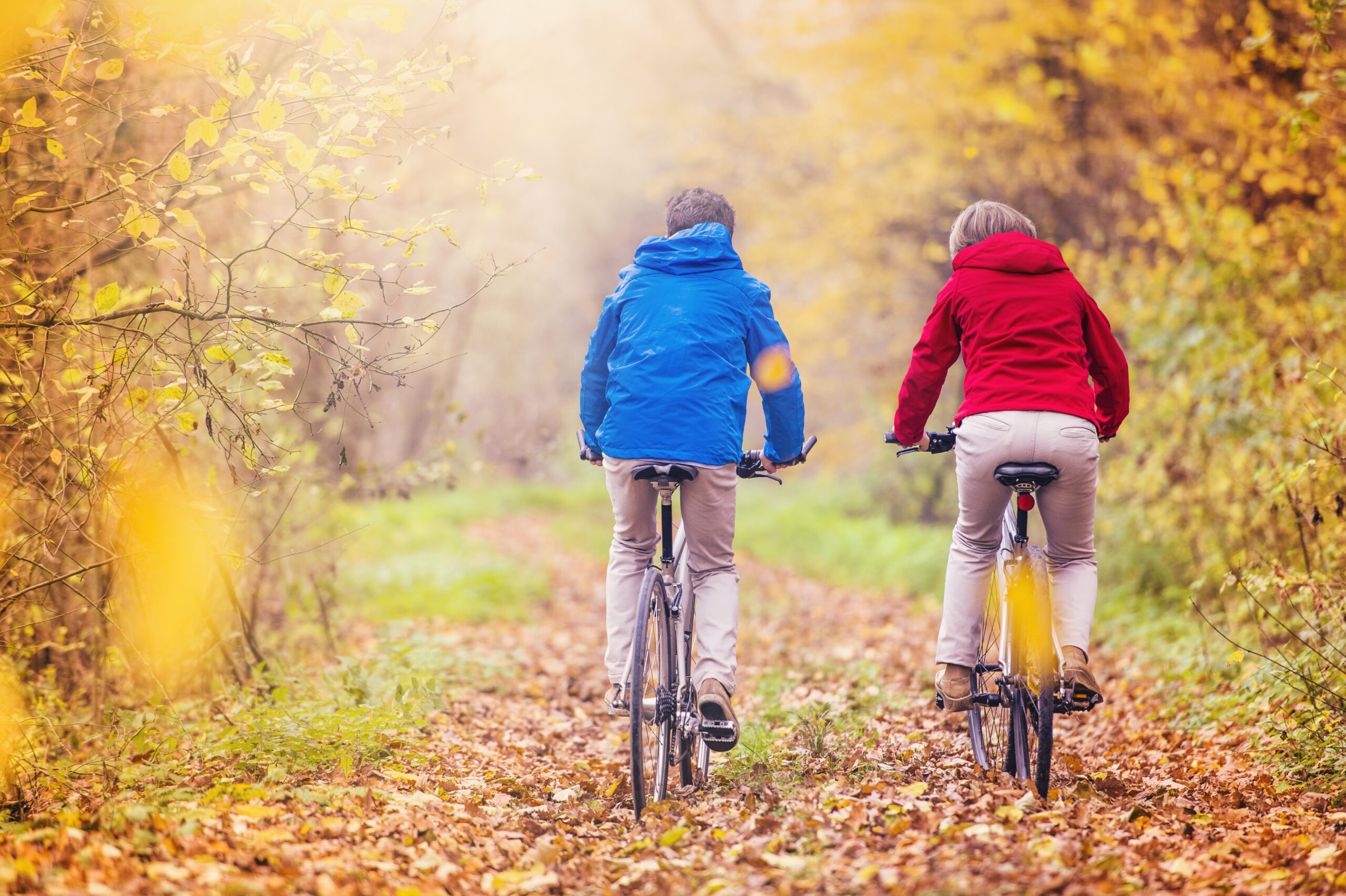Hiking is a popular outdoor activity that allows you to explore the great outdoors while getting some exercise and fresh air. However, before embarking on your next hiking adventure, it’s essential to ensure that you have all the necessary gear to make your trip safe and enjoyable. In this ultimate guide to hiking gear, we will cover everything you need to know about what to pack for your next hike.
Introduction to Hiking Gear: What You Need to Know
The first step in preparing for a hike is to invest in high-quality hiking gear. This includes sturdy shoes or boots with good traction, comfortable clothing made from breathable materials, and a reliable backpack to carry your supplies. It’s also important to choose clothes that are appropriate for the weather conditions, as well as sun protection such as a hat or visor.
Another crucial aspect of hiking gear is navigation equipment. A map and compass are essential tools for navigating unfamiliar terrain, and a GPS device can be useful in emergencies. Additionally, a headlamp or flashlight should be included in your kit in case you get lost or stuck out after dark.
The Health Benefits of Hiking and How to Stay Safe
One of the primary benefits of hiking is its ability to improve physical health. The activity provides an excellent cardiovascular workout, strengthens leg muscles, and helps maintain balance and coordination. Hiking has also been shown to reduce stress levels and boost mental clarity.

To stay safe during your hike, it’s vital to plan ahead and prepare properly. Research the trail conditions and weather forecast, let someone know where you’re going and when you expect to return, and bring enough water and food to sustain yourself throughout the journey. It’s also recommended to carry a mobile phone in case of emergencies.
Essential First Aid Kit for Your Next Hike
A well-stocked first aid kit is critical for any hiking expedition. Some essentials include bandages, antiseptic wipes, pain relievers, antihistamines, and insect repellent. It’s also wise to bring a small pair of scissors, tweezers, and tape to remove splinters or foreign objects from the skin. If you have any preexisting medical conditions or allergies, make sure to bring appropriate medication and inform your hiking companions.
Nature Therapy and Mental Health while Hiking
Research suggests that spending time in nature can have significant positive effects on mental health. Hiking offers opportunities to disconnect from technology and immerse oneself in natural surroundings, which can promote feelings of calmness and relaxation. Additionally, being physically active in nature has been linked to reduced symptoms of depression and anxiety.
In conclusion, hiking is an exhilarating outdoor activity that requires proper planning and preparation. By following these guidelines, you can ensure that you have everything you need for a safe and enjoyable experience in the great outdoors. So lace up those hiking boots, grab your gear, and hit the trail!




